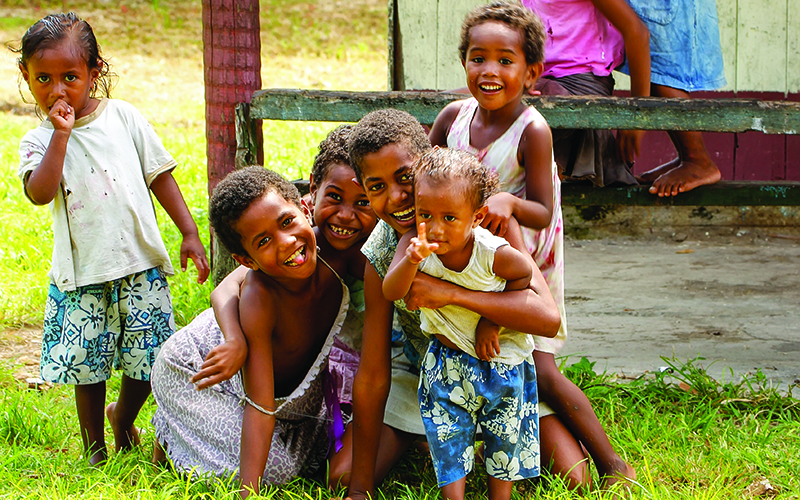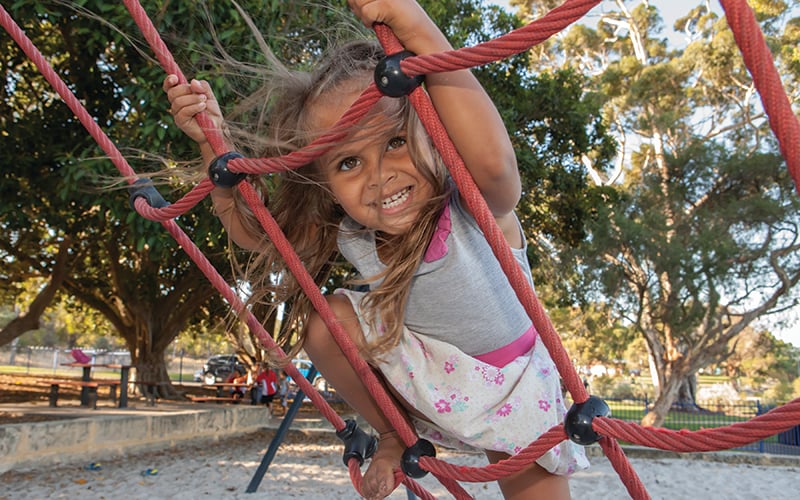Search
Research
Complete genome sequence of Burkholderia cenocepacia bacteriophage Karil-mokiny-1Burkholderia cepacia complex causes life-threatening respiratory infections. Here, a bacteriophage with activity against B. cenocepacia was isolated from wastewater. It has a genome size of 70,144 bp and has the taxonomic classification Irusalimvirus. It has no genes associated with lysogeny, bacterial resistance, or virulence.
Research
Stillbirth in Iceland 1996–2021: Incidence and etiologyThis study describes the stillbirth rate in Iceland 1996-2021 and the causes of stillbirth according to the Stockholm classification of stillbirth, comparing time periods and gestational age groups.

Professor Jonathan Carapetis has made eliminating rheumatic heart disease his life’s work.
Research
Exploring preferences for interventions to increase active school transportation among children and adolescents in AustraliaThe observed decline in children's active school transport (AST) across numerous countries over recent decades necessitates targeted, multi-level interventions to reverse this trend. However, data on young people's preferred AST interventions is lacking. This study aimed to explore children's preferences for AST interventions and assess differences between AST users and non-users among primary and secondary school students.
Research
The global, regional, and national burden of cancer, 1990–2023, with forecasts to 2050: a systematic analysis for the Global Burden of Disease Study 2023Cancer is a leading cause of death globally. Accurate cancer burden information is crucial for policy planning, but many countries do not have up-to-date cancer surveillance data. To inform global cancer-control efforts, we used the Global Burden of Diseases, Injuries, and Risk Factors Study (GBD) 2023 framework to generate and analyse estimates of cancer burden for 47 cancer types or groupings by age, sex, and 204 countries and territories from 1990 to 2023, cancer burden attributable to selected risk factors from 1990 to 2023, and forecasted cancer burden up to 2050.
Research
Preferences on the uptake and completion of single- or three-dose regimen of benzathine penicillin G injection for the treatment of late syphilis: a discrete-choice experimentNotifications of syphilis in Australia have increased since 2011, particularly among gay and bisexual men who have sex with men (GBMSM). Adherence to current late latent syphilis treatment regimen is low-moderate, which is a significant health issue. To address this treatment non-compliance, a single high-dose benzathine benzylpenicillin G regimen has been under clinical trial.

Children in the tiny Pacific nation of Tuvalu face a unique threat that should be a wake-up call to other countries across the world.

In 2020, the National Closing the Gap partnership made improving early development of Aboriginal and Torres Strait Islander children one of its top priorities. Australia will measure progress in this area using the AEDC.
Research
LeukaemiaLeukaemia, also spelled leukemia, is a cancer that develops in the bone marrow and results in abnormal white blood cells. It is the most common cancer in children, accounting for almost a third of all childhood & teen cancers.
Research
PertussisPertussis, also known as whooping cough, is a highly contagious respiratory disease.
